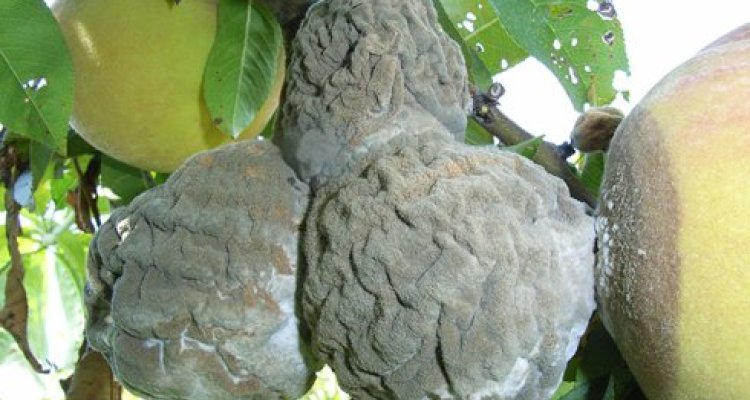
Project
Development of eleven new sustainable crop protection products
The EU’s BIOCOMES project, with a budget of twelve million euros (nine contributed directly by the EU), was aimed at stimulating the development of biological crop protection. It placed 11 new sustainable crop protection agents at the disposal of European farmers, market gardeners and foresters, all of which were biological in origin and derived from natural enemies of pests.
The balanced public-private mix in the BIOCOMES project has resulted in a partnership that could produce and develop new biological control products in just four years. All the newly developed products have already been tested in field trials in both northern (Sweden, the Netherlands) and southern Europe (Italy, Spain and Greece).
Aims
To provide an environmentally friendly alternative to the current chemical pesticides used in European agriculture, horticulture and forestry by developing 11 new, sustainable crop protection agents to combat major diseases and pests in agriculture, horticulture and forestry.
- Unfortunately, your cookie settings do not allow videos to be displayed. - check your settings
In practice
The products on which BIOCOMES focused were identified in advance by means of a market analysis carried out by six European producers of biological crop protection agents. The project brought together the expertise of ten small and middle-sized companies, three larger industrial partners and 14 research partners. These 27 consortium partners hailed from 14 different countries.
The diseases are:
• Monilinia brown rot in stone fruit
• Mycorrhiza infections that develop when cultivating young trees for forestry
• Fusarium in maize and wheat
• Powdery mildew in grain crops
• Verticillium wilt in cabbage
And the pests:
• Aphids in fruit
• Whitefly in vegetables
• Cabbage moth (Mamestra brassicae)
• Gypsy moth (Lymantria dispar) in woods and orchards
• Large pine weevil (Hylobius abietis) in woods
• Potato tuber moth (Phthorimaea opercullella) in potato, tomato, tobacco and aubergine
• Leafminer (Tuta absoluta) in greenhouse horticulture
Impact and final outcomes of the project
• Two new microbial biological control products against Tuta absoluta in tomato and Fusarium in cereals have entered the registration process for commercial exploitation
• One new technology to successfully breed and improve insect-pathogenic nematodes as biological control product is ready
• Two new products with beneficial insects will be marketed as biological control agents
• Several other new biological control products will be further developed in close cooperation between BIOCOMES partners.
• Two new techniques to enhance the production of biological crop protection agents were also made available.
The newly developed products can be used outside Europe where the relevant crops are grown in moderate or sub-tropical climates.
Read more:
The newly developed products can be used outside Europe, where ever the targeted crops are grown in zones with moderate or sub-tropical climates.